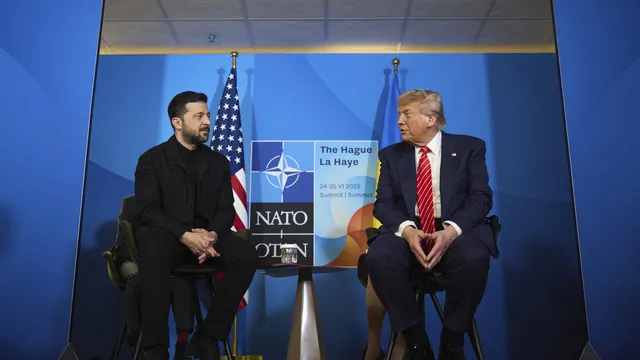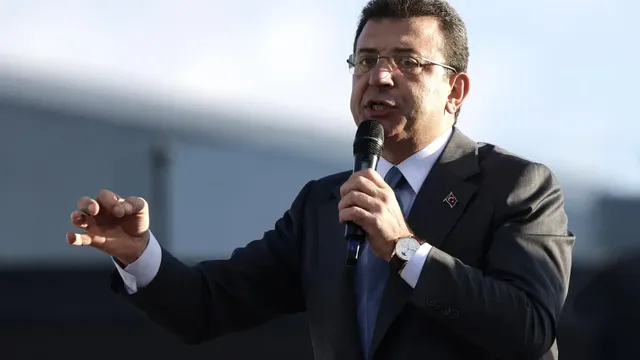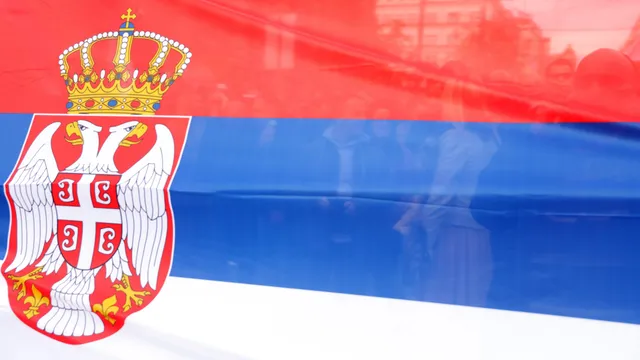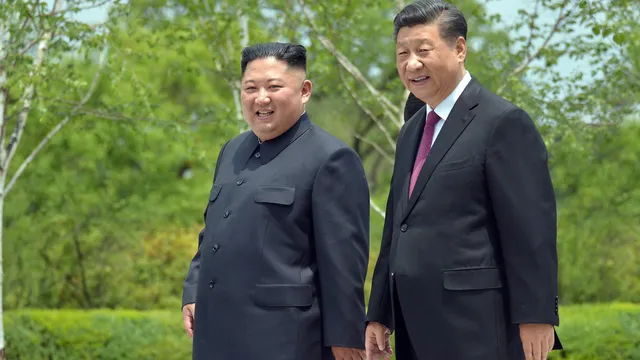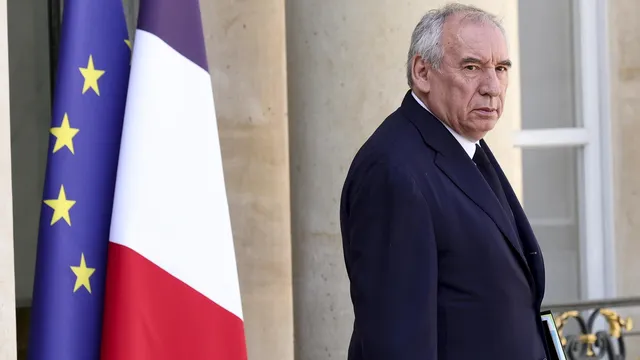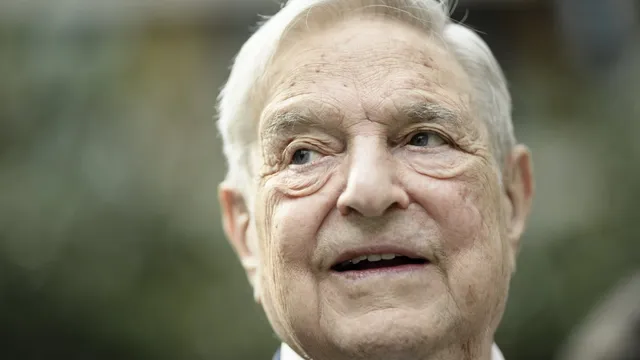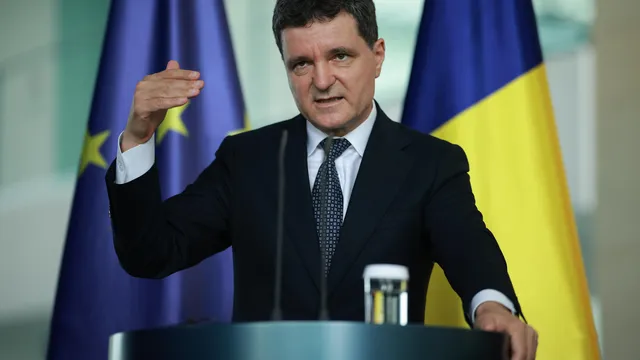NATO countries have agreed to significantly increase their defense spending to meet the demands of US President Donald Trump, who hailed it as a "monumental victory" for America and reaffirmed his country's commitment to defending its European allies, AFP reported.
Trump appeared jubilant after the 32 NATO countries agreed to his core goal of 5% of GDP for defense spending after two days of talks in The Hague.
"Taking credit for the 'fantastic' result that 'no one thought was possible,'" Trump described the increase in spending as a "monumental victory for the United States."
"They said, 'You did it, sir,'" he said at a press conference. "Well, I don't know if I did it, but I think so."
In a conciliatory gesture toward European allies worried about the threat from Russia, Trump signed the leaders' final declaration affirming "our unwavering commitment" to NATO's collective defense, that an attack on one is an attack on all.
NATO allies backed increased spending to help counter the growing threat from Russia, but also—crucially—to keep Trump engaged, after the US leader repeatedly hinted that Washington could refuse to defend less-paying allies in Europe.
The agreement seems – at least for now – to have calmed these discontents.
The compromise reached by NATO provides for countries to commit to spending 3.5% of GDP on core military expenditures by 2035 and an additional 1.5% on broader security-related areas such as infrastructure.
Although it signed the target on paper, Spain announced that it believed it could meet NATO's requirements at a lower cost, which earned it further criticism from Trump, who threatened to strike back at its trade interests.
But the commitment made in The Hague allows Trump to claim victory while giving some leeway to European governments struggling with financial difficulties.
Diplomats said that behind closed doors, Trump gave firm assurances of Washington's commitment as an ally and called on others to spend some of the new funds on US weapons.
"It couldn't have been better"
Everything at the meeting in The Hague was prepared to keep the unpredictable US president on board: from shortening the official part of the meeting to arranging for him to stay overnight at the royal palace.
The leaders' discussions on defense issues focused on Moscow's invasion of Ukraine, and in a further concession to its allies, the US allowed NATO to mention in its communiqué "the long-term threat that Russia poses to Euro-Atlantic security."
Although the language was softer than in previous years, the declaration also said that the allies would continue to support Ukraine, "whose security contributes to ours," and that they could use funds from the new spending commitment to finance military aid to Kyiv.
Ukrainian President Volodymyr Zelensky played a smaller role than at previous summits, with leaders wary of potential clashes after his acrimonious dispute with Trump in the Oval Office.
But the US president met with the leader of the war-torn country on the sidelines of the summit, later saying the meeting "couldn't have been more pleasant," while Zelensky welcomed the "substantial" meeting.
Trump also noted that he had spoken with Russian President Vladimir Putin about the war, saying, "I think progress is being made."
However, despite NATO chief Mark Rutte's insistence that Ukraine's membership bid remains "irreversible," the summit declaration made no mention of Kiev's desire to join after Trump rejected it.
"It's not a scam"
Trump alarmed his allies on the eve of the summit by expressing doubts about the validity of NATO's mutual defense clause, known as Article 5 of the alliance's founding treaty.
But the commitment was unequivocally reaffirmed in the summit's final declaration, and Trump emphasized this at the closing press conference.
"I came here because it's something I have to do," Trump said in his closing remarks to the media when asked about the mutual defense clause, known as Article 5.
"But I'm leaving here a little bit changed," said the US leader, who was visibly pleased with the red carpet welcome and the praise he received from Rutte and others.
"Without the United States, NATO could not exist. It would not function," Trump emphasized. "It will function in the future because now they are paying a lot more money." |BGNES

 Breaking news
Breaking news
 Europe
Europe
 Bulgaria
Bulgaria
